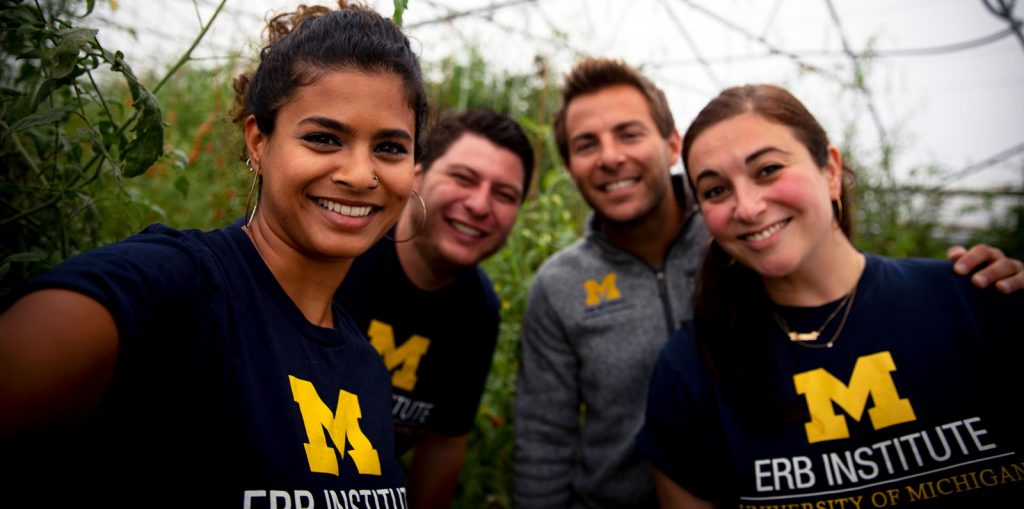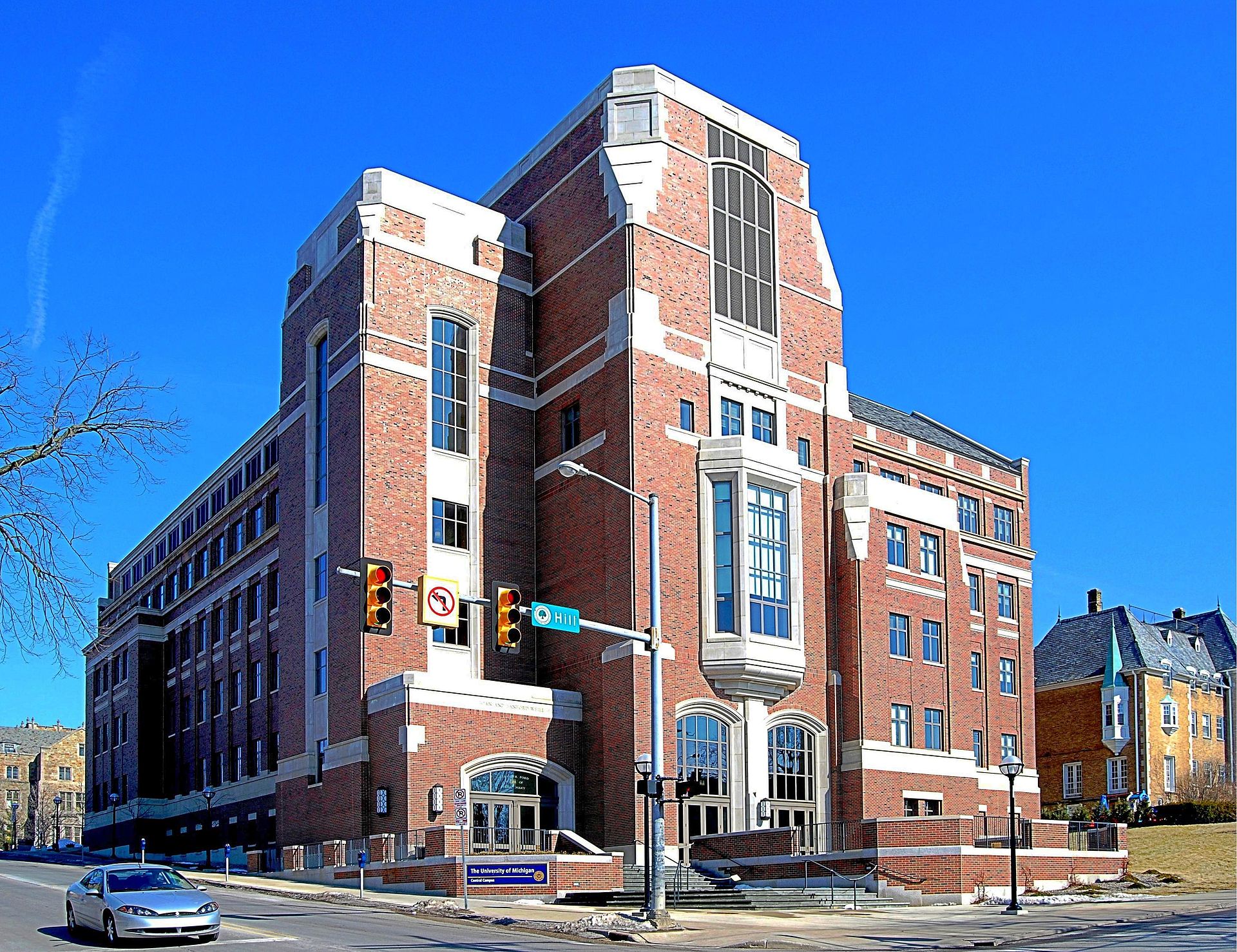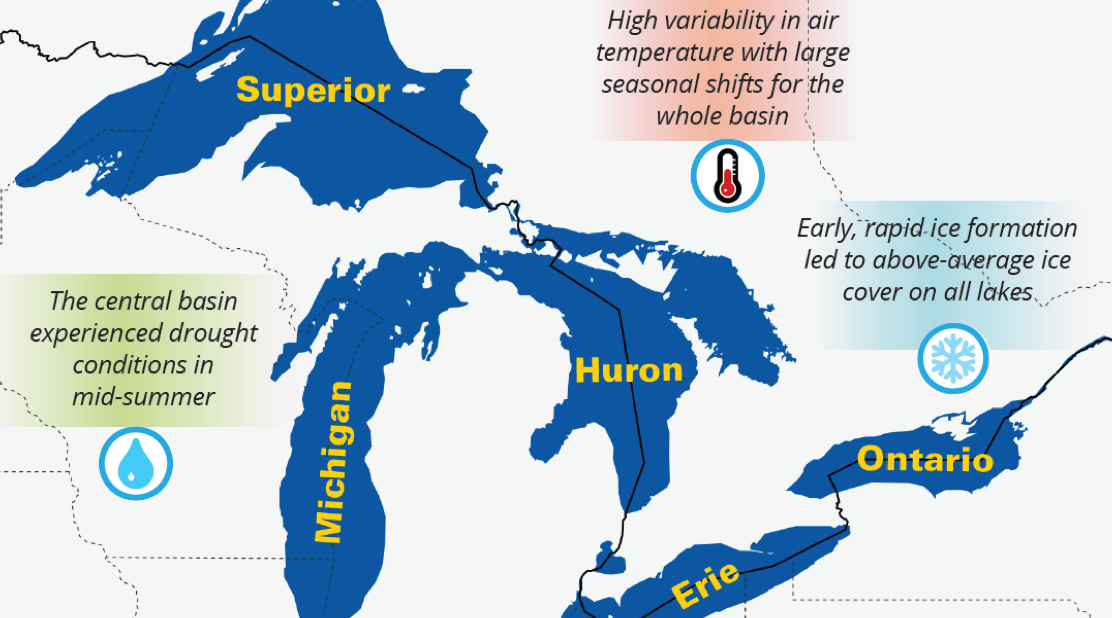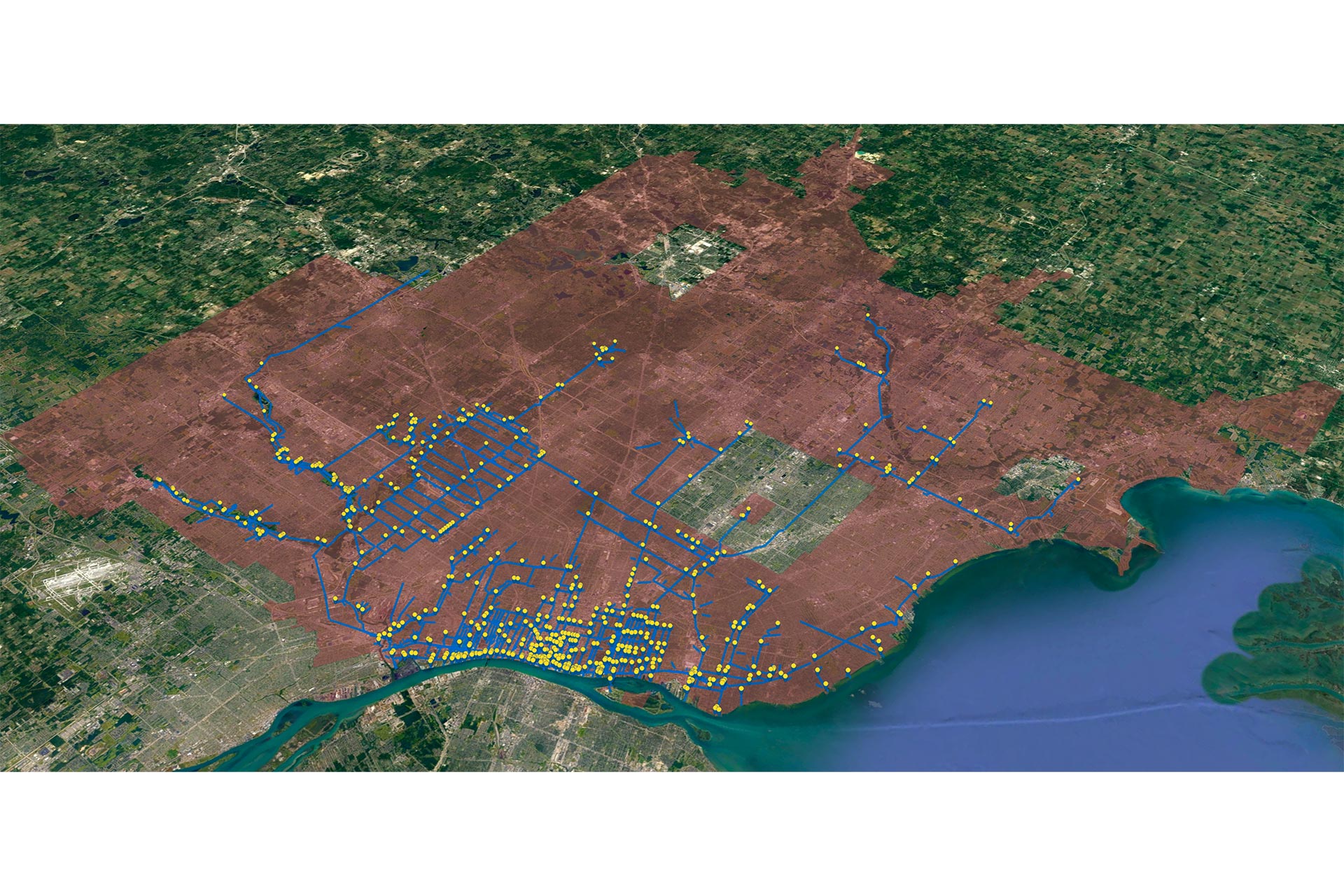Erb Institute
The Erb Institute is a partnership between the Ross School of Business and the School for Environment and Sustainability (SEAS) at the University of Michigan. The institute’s mission is to create a socially and environmentally sustainable world through the power of business. The institute does that through research, teaching and business engagement—all focused on preparing and supporting bold business leaders who can adeptly transform companies, industries and entire economies for systemic sustainability.









